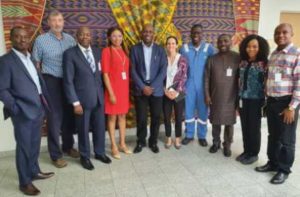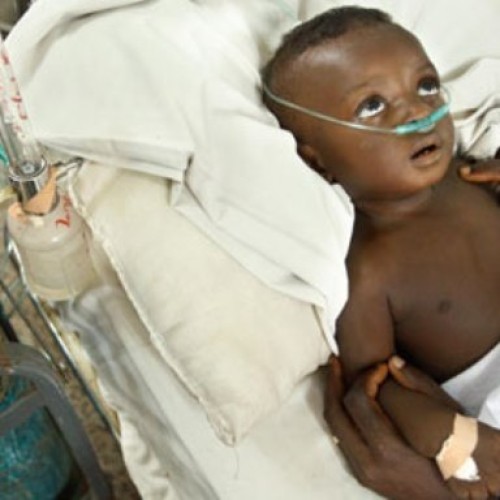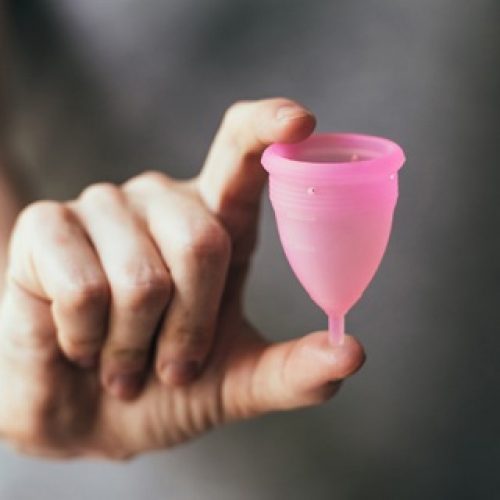NLNG plans malaria elimination in Bonny
 L-R: Dr. Okuns Ohiosimuan, Chief Medical Officer (NLNG); Mark Maire (CDC); Dr. Ibrahim Dalhatu (CDC); Dr. Anastasia Isodje, Technical Lead, Bonny Malaria Elimination Project (NLNG); Mr. Tony Attah, MD, NLNG; Laura Steinhardt (CDC); Engr. Leye Falade, General Manager, Production (NLNG); Solomon Odafe (CDC); Dr. Joan Pepple, Project Officer, Bonny Malaria Elimination Project (NLNG); and Dr. Uwem Inyang (USAID) during the visit of the PMI Team to Bonny,
L-R: Dr. Okuns Ohiosimuan, Chief Medical Officer (NLNG); Mark Maire (CDC); Dr. Ibrahim Dalhatu (CDC); Dr. Anastasia Isodje, Technical Lead, Bonny Malaria Elimination Project (NLNG); Mr. Tony Attah, MD, NLNG; Laura Steinhardt (CDC); Engr. Leye Falade, General Manager, Production (NLNG); Solomon Odafe (CDC); Dr. Joan Pepple, Project Officer, Bonny Malaria Elimination Project (NLNG); and Dr. Uwem Inyang (USAID) during the visit of the PMI Team to Bonny,
Nigeria LNG Limited (NLNG) has revealed plans to eliminate Malaria from Bonny Island, Rivers State, its operational base, testing a model of private sector involvement in the fight against the disease that will be replicated globally.
This was made known during a recent visit by officials of United States President’s Malaria Initiative (PMI) to Bonny Island to conduct a first-hand assessment of the feasibility of malaria elimination on the Island and explore opportunities for partnership with NLNG in combating the scourge.
The officials were received by NLNG’s Managing Director, Tony Attah, who strongly expressed the company’s desire to eliminate and control Malaria as part of its efforts to improve life on the Island,andits vision to make the Island an industrial and tourism hub.
In his remarks during the visit, Attah stated that NLNG was committed to being a pacesetter in the achievement of Malaria elimination in Nigeria and globally. He remarked that the company will be a role model for combating malaria in Nigeria.
He said as a result of NLNG’s commitment to eliminating Malaria, the company commenced the Bonny Malaria Elimination Project (BNYMEP) in January 2019 and expects to move Bonny to Pre-Elimination Status within a three-year period.
He called on the PMI officials and other national and international development institutions to partner with the company to deliver the ground-breaking project, which will be first of its kind in the country.
The Malaria project is focused on reducing malaria-related mortality to zero amongst women and children. NLNG also hopes to contribute to the body of knowledge required for the global eradication of the disease through the project. Malaria has remained one of the deadliest diseases in the country and Nigeria still records unacceptably high number of casualties.
The company has a record of intervention in combating the scourge, with programmes such as Roll Back Malaria Campaign which it started in 2003, as well as the focus in 2017 by its sponsored Corporate Social Responsibility (CSR) programme, The Nigeria Prize for Science, worth $100,000, in finding solutions to the disease.
According to the company, the philosophy behind the prize’s search for solutions to the scourge, tagged “Innovations in Malaria Control”, was hinged on the need to stop the increasing rate of mother-child mortality as a result of the disease as well as freeing up considerable resources, which is being expended on fighting Malaria, for other developmental projects through finding permanent solutions.
On Roll-Back Malaria Campaign, NLNG supported efforts of both the Federal and Rivers State governments to roll back malaria in all its host communities in the state through improved sanitation habits and use of mosquito/insecticide-treated bed nets.
The US President’s Malaria Initiative (PMI) is focused on reducing malaria-related mortality by 50 percent across 24 high-burden developing countries in sub-Saharan Africa, including Nigeria and three Southeast Asian countries.
About author
You might also like
NMA decries aggression against government health workers
says personnel are overstretched because of brain drain The Nigerian Medical Association (NMA) has urged members of the public to stop venting their anger or inflicting injuries on medical practitioners
Pneumonia Key Facts
Pneumonia accounts for 15% of all deaths of children under 5 years old, killing an estimated 922 000 children in 2015. Pneumonia can be caused by viruses, bacteria or fungi.
Menstrual cups spark interest in Malawi
LILONGWE, Malawi – Prisca Gama, 22, and Given Mwira, 26, remember first trying the menstrual cup in November 2016. The women, both fourth-year students at Mzuzu University in northern Malawi,






0 Comments
No Comments Yet!
You can be first to comment this post!